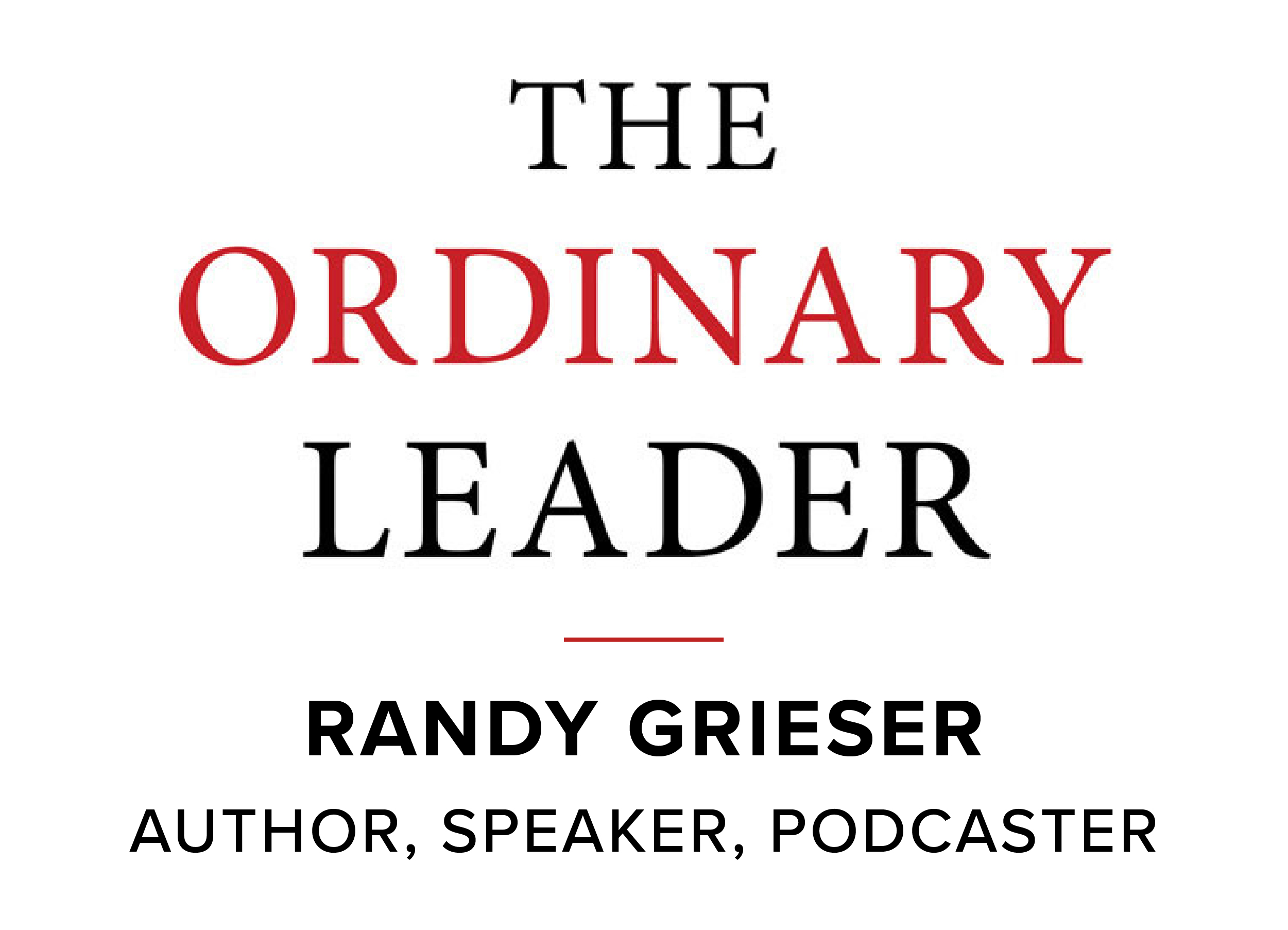I occasionally read the results of various awards for “The Best Places to Work” or “Top Employers” with cynical interest. These awards are typically given out by various business and national media publications, and while the intent to highlight great workplaces has merit, it is what is measured that I take exception to.
In one recent “Best of” article I read, there were statistics and stories about the following perks: free lunches, pet-friendly offices, free child care, beer fridges, nap rooms, and unlimited time off. While these sorts of perks are indeed nice, I don’t believe they are important for creating workplaces where people like to work.
Through my own experiences, research, and interviews with others, I’ve found that a far better measuring stick for determining what makes a workplace great is culture, not perks. Perks are perks – they are enjoyable to have, but they are merely band-aid solutions in the absence of a healthy workplace culture. For example, all the perks in the world won’t make up for having a manager who treats employees poorly.
The good news is that while culture requires attention and intentionality, you don’t need a budget for perks to improve it.
My encouragement to those administering these awards is to start focusing on the aspects of culture that truly create great workplaces. In our recent book, The Culture Question, my co-authors and I outline six key pillars of a healthy workplace culture. These include:
Communicating Your Purpose and Values
Employees are inspired when they work in organizations whose purpose and values resonate with them. Does everyone in your workplace know and understand its purpose and values? Once the values and beliefs are identified, focus on helping employees connect their own work to the organization’s greater purpose.
Providing Meaningful Work
Most employees want to work on projects that inspire them, align with what they are good at, and allow them to grow. How much attention has your workplace given to making sure that everyone has meaningful work? Organizations should be intentional about finding each person’s true talents and giving them work that builds on those talents and provides them with a sense of satisfaction.
Focusing Your Leadership Team on People
How leaders relate to employees plays a major role in how everyone feels about their workplace. Are your organization’s leaders sufficiently aware of how they impact others in the workplace? Focus on teaching leaders to care about staff as people, supporting them in their work while providing healthy levels of accountability.
Building Meaningful Relationships
When employees like the people they work with and for, they are more satisfied and engaged in their work. How strong are the relationships within your workplace? Organizations should focus on building an environment in which relationships can grow and people can connect with each other across teams.
Creating Peak Performing Teams
People are energized when they work together effectively because teams achieve things that no one person could do on their own. How well do people at your organization work together in team environments? Workplaces should focus on helping staff collaborate with each other, building diversity into teams, and capitalizing on collective intelligence.
Practicing Constructive Conflict Management
When leaders don’t handle conflict quickly and effectively, it promptly sours the workplace. How skilled are employees and managers when it comes to working through conflict? Organizations should focus on training people to resolve differences quickly and directly.
Organizations that live out these six pillars of a healthy workplace culture are far more worthy of winning awards than those who offer free lunches and beer fridges. The good news is that while culture requires attention and intentionality, you don’t need a budget for perks to improve it.
__________________________________________________________________________
For more FREE RESOURCES on this topic and others, visit our free resources page.
Randy Grieser, Author & Speaker
To be notified about a new blog post, subscribe to Randy’s newsletter, and follow him on LinkedIn, Facebook, and Twitter.
© Randy Grieser
Content of this blog may be used, provided that full and clear credit is given to Randy Grieser.





